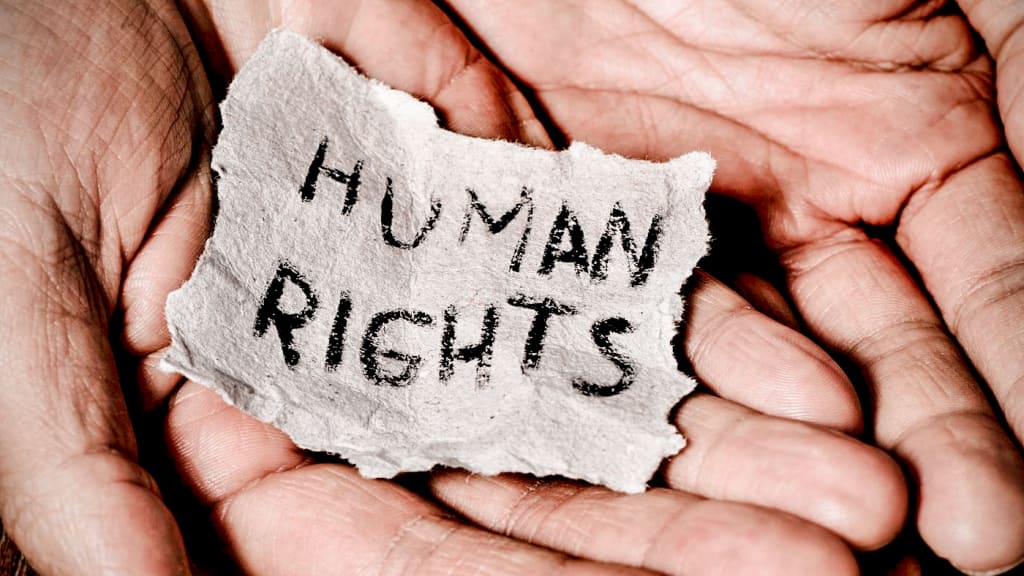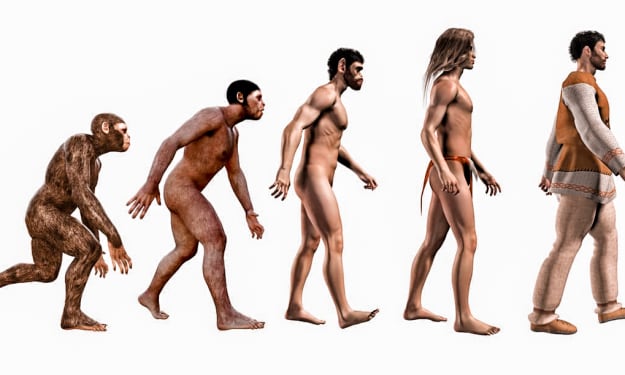Championing Human Rights: A Call to Uphold Dignity, Equality, and Justice for All
Human rights are the cornerstone of a just and equitable society, enshrined in international treaties, declarations, and laws to protect the inherent dignity and worth of every individual. From the right to life and liberty to freedom of expression and assembly, human rights encompass a broad range of civil, political, economic, social, and cultural rights that are essential for the well-being and flourishing of all people. In this article, we'll explore the importance of human rights, their historical development, and the ongoing challenges and opportunities for promoting and protecting human rights worldwide.

1. The Foundations of Human Rights: Historical Context and Evolution
The concept of human rights has deep roots in human history, dating back to ancient civilizations and philosophical traditions that recognized the inherent value and dignity of every individual. Over time, the idea of human rights has evolved and expanded, informed by religious, philosophical, and political movements that sought to challenge oppression, discrimination, and injustice. The modern human rights movement emerged in the aftermath of World War II, with the adoption of the Universal Declaration of Human Rights by the United Nations in 1948 as a landmark moment in the recognition and codification of human rights principles on a global scale.
2. The Universal Declaration of Human Rights: A Beacon of Hope and Inspiration
The Universal Declaration of Human Rights (UDHR) is a milestone document that proclaims the inalienable rights of all human beings, regardless of race, nationality, religion, gender, or any other status. It sets forth a comprehensive framework of rights and freedoms, including the right to life, liberty, and security of person; the right to freedom of thought, conscience, and religion; the right to work, education, and healthcare; and the right to participate in the cultural and political life of society. The UDHR serves as a guiding light for human rights advocacy and activism around the world, inspiring countless individuals and organizations to stand up for justice and equality.
3. Contemporary Human Rights Challenges: Upholding Principles in a Complex World
Despite significant progress in the promotion and protection of human rights, challenges and violations persist in many parts of the world. From authoritarian regimes that suppress dissent and curtail freedom of expression to systemic inequalities that perpetuate poverty, discrimination, and marginalization, human rights violations take many forms and affect millions of people every day. Key issues include gender inequality, racial discrimination, religious persecution, refugee and migrant rights, indigenous rights, LGBTQ+ rights, and the rights of persons with disabilities.
4. Human Rights Advocacy and Activism: Voices for Change and Justice
Human rights advocacy and activism play a crucial role in raising awareness, mobilizing support, and holding governments and institutions accountable for upholding human rights standards and obligations. Individuals, civil society organizations, and grassroots movements around the world work tirelessly to advance human rights causes, amplifying the voices of marginalized and vulnerable communities, documenting human rights abuses, and advocating for policy reforms and legal protections. Through education, advocacy campaigns, legal advocacy, and grassroots organizing, human rights activists and organizations strive to create a more just, equitable, and inclusive world for all.
5. The Role of Governments and International Institutions: Responsibilities and Obligations
Governments bear primary responsibility for protecting and promoting human rights within their own territories, as enshrined in international human rights law. They are obligated to respect, protect, and fulfill the rights and freedoms of all individuals, without discrimination or prejudice. International institutions, such as the United Nations, regional organizations, and human rights bodies, play a critical role in monitoring human rights situations, providing technical assistance and capacity-building support, and holding governments accountable for their human rights commitments through mechanisms such as treaty bodies, special rapporteurs, and fact-finding missions.
6. Promoting Human Rights in Practice: Everyday Actions for Change
Promoting and protecting human rights is not just the responsibility of governments and institutions—it is a collective endeavor that requires the active participation and engagement of individuals and communities. Everyday actions, such as speaking out against injustice, supporting human rights organizations, volunteering, donating, and practicing empathy and solidarity with those whose rights are under threat, can make a significant difference in advancing human rights causes and building a culture of human rights respect and dignity.
Conclusion: Toward a World of Justice, Equality, and Human Dignity
In conclusion, human rights are universal, indivisible, and interdependent principles that lie at the heart of a just and equitable society. Upholding human rights is not only a moral imperative—it is a legal obligation and a fundamental commitment to the dignity and worth of every individual. By standing up for human rights, we affirm our shared humanity and our collective responsibility to build a world where justice, equality, and human dignity prevail. As we continue the journey toward realizing the vision of the Universal Declaration of Human Rights, let us reaffirm our commitment to championing human rights for all, now and for generations to come.
About the Creator
Mohamed Ali
Mohamed Ali is a passionate writer and researcher with a keen interest in exploring the complexities of human behavior and society through the lens of sociology. With a background in sociology and psychology.






Comments
There are no comments for this story
Be the first to respond and start the conversation.